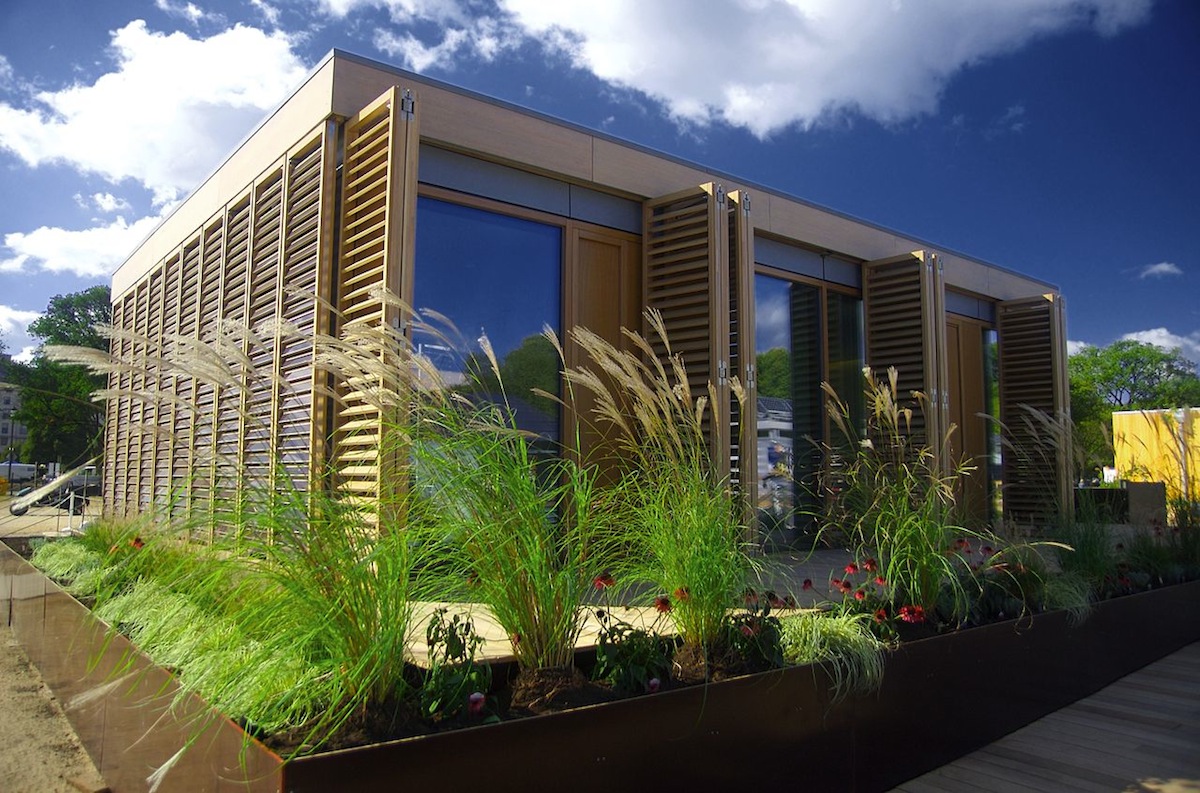The International Code Council (ICC) and ASHRAE have come to the final agreement that outlines each organization’s role in the development and maintenance of the new version of the International Green Construction Code (IgCC).
Sponsored by the American Institute of Architects (AIA), ASHRAE, ICC, the Illuminating Engineering Society (IES), and the U.S. Green Building Council (USGBC), “IgCC Powered by 189.1” will provide the design and construction industry with “the single, most-effective way to deliver sustainable, resilient, high-performance buildings,” the groups say.
The code is scheduled to be released in 2018. The ICC will be responsible for Chapter 1, Scope and Administration. ICC will coordinate the technical provisions developed by ASHRAE with the provisions in Chapter 1 of the 2015 IgCC. As a result, the 2016 Group B Cycle will not include Chapter 1 of the IgCC for code changes.
With ASHRAE developing technical provisions, ICC’s 2017 Group C cycle to develop the 2018 IgCC has been cancelled. Part of the development process for the 2018 technical provisions will include the SSPC review of the 2015 IgCC and consideration of content for inclusion in 189.1-2017, along with changes generated by the committee and proposals submitted by stakeholders. Following the completion of the 2018 IgCC, Chapter 1 of the IgCC will be developed by ICC using its consensus code development process.
“Our goal in this partnership all along has been to share resources to increase use of the IgCC and make it simpler for code officials, designers and contractors to build environmentally efficient structures that will lessen energy and water consumption and reduce the carbon footprint,” said ICC Board President Guy Tomberlin, CBO. “We are now situated to do just that.”
Related Stories
| Sep 8, 2022
U.S. construction costs expected to rise 14% year over year by close of 2022
Coldwell Banker Richard Ellis (CBRE) is forecasting a 14.1% year-on-year increase in U.S. construction costs by the close of 2022.
| Aug 29, 2022
Montana becomes first U.S. state to approve 3D printing in construction
Montana is the first U.S. state to give broad regulatory approval for 3D printing in building construction.
| Aug 25, 2022
New York City’s congestion pricing aims to reduce traffic, cut carbon
Officials recently released an environmental assessment that analyzes seven different possible pricing schemes for New York City’s congestion pricing program.
| Aug 23, 2022
New Mass. climate and energy law allows local bans on fossil fuel-powered appliances
A sweeping Massachusetts climate and energy bill recently signed into law by Republican governor Charlie Baker allows local bans on fossil fuel-powered appliances.
| Aug 22, 2022
Gainesville, Fla., lawmakers moved to end single-family zoning
The Gainesville City Commission recently voted to advance zoning changes that would allow duplexes, triplexes, and quadplexes to be built on land currently zoned for single-family homes.
| Aug 16, 2022
DOE funds 18 projects developing tech to enable buildings to store carbon
The Department of Energy announced $39 million in awards for 18 projects that are developing technologies to transform buildings into net carbon storage structures.
| Aug 11, 2022
Report examines supposed conflict between good design and effective cost management
A report by the American Institute of Architects and the Associated General Contractors of America takes a look at the supposed conflict between good design and effective cost management, and why it causes friction between architects and contractors.
| Aug 10, 2022
U.S. needs more than four million new apartments by 2035
Roughly 4.3 million new apartments will be necessary by 2035 to meet rising demand, according to research from the National Multifamily Housing Council (NMHC) and National Apartment Association.
| Aug 9, 2022
Work-from-home trend could result in $500 billion of lost value in office real estate
Researchers find major changes in lease revenues, office occupancy, lease renewal rates.
Legislation | Aug 8, 2022
Inflation Reduction Act includes over $5 billion for low carbon procurement
The Inflation Reduction Act of 2022, recently passed by the U.S. Senate, sets aside over $5 billion for low carbon procurement in the built environment.

















